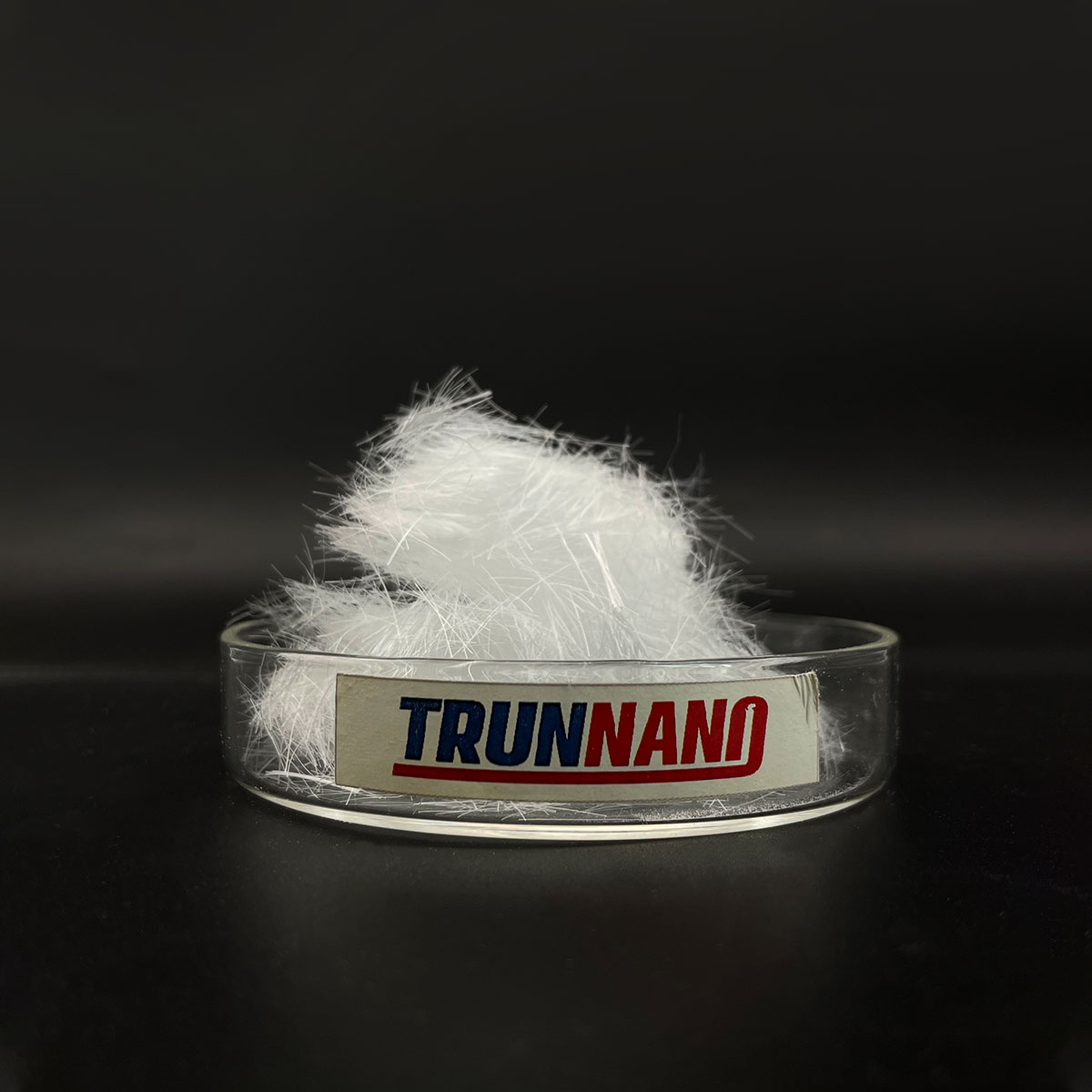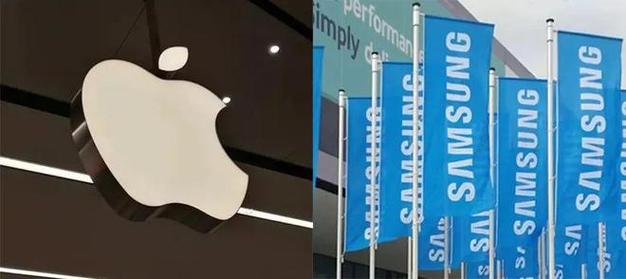Introduction to PVA Fiber: A Game-Changer in Cementitious Composites
Polyvinyl Alcohol (PVA) fiber has actually become a leading enhancing product in modern cement-based compounds, revolutionizing the efficiency and sturdiness of concrete structures. Known for its high tensile strength, excellent bond with concrete matrices, and premium resistance to alkaline atmospheres, PVA fiber goes to the forefront of innovative fiber-reinforced concrete (FRC) technology. Its assimilation right into ultra-high-performance concrete (UHPC), engineered cementitious compounds (ECC), and strain-hardening cementitious products (SHCM) marks a substantial jump towards ductile, crack-resistant, and sustainable construction options.
(PVA Fiber)
Chemical and Mechanical Residences of PVA Fiber
PVA fiber is an artificial polymer characterized by high hydrophilicity, modest modulus of elasticity, and strong interfacial bonding with cementitious products. Unlike steel fibers, which are susceptible to rust, or polypropylene fibers, which provide restricted mechanical support, PVA fibers combine adaptability with strength– exhibiting tensile staminas going beyond 1,600 MPa and prolongation at break around 6– 8%. Their microstructure allows for efficient split connecting, power dissipation, and post-cracking ductility, making them suitable for applications calling for sturdiness and impact resistance without endangering workability.
Device of Split Control and Ductility Improvement
The key feature of PVA fiber in concrete is to manage microcrack propagation and improve post-cracking behavior. When consistently dispersed within the matrix, PVA fibers act as micro-reinforcement components that bridge splits initiated during loading or shrinkage. This device substantially enhances flexural stamina, fracture toughness, and energy absorption capability. In Engineered Cementitious Composites (ECC), PVA fibers allow strain-hardening behavior, where the material shows several fine splits instead of devastating failure. This special residential or commercial property imitates the ductility seen in steels, transforming typically fragile concrete into a quasi-ductile material appropriate for seismic-resistant and fatigue-prone frameworks.
Applications in Framework, Repair Work, and Prefabricated Equipment
PVA fiber-reinforced concrete is increasingly made use of in facilities projects requiring high durability and strength. It plays a critical function in passage linings, bridge decks, water containment frameworks, and blast-resistant structures as a result of its capacity to resist spalling under severe conditions. In architectural repair service and retrofitting, PVA-modified mortars give improved attachment, minimized contraction breaking, and enhanced lasting efficiency. Erected components incorporating PVA fibers benefit from controlled breaking, dimensional security, and quicker demolding cycles. In addition, its compatibility with automated casting processes makes it fit for modular and 3D-printed construction systems.
Sustainability and Environmental Conveniences
Beyond mechanical efficiency, PVA fiber adds to sustainable building and construction practices. By making it possible for thinner, lighter, and longer-lasting structures, it decreases general product usage and symbolized carbon. Compared to steel fiber-reinforced concrete, PVA fiber removes issues connected to rust staining and galvanic deterioration, extending life span and decreasing maintenance costs. Some formulas now include bio-based or partly eco-friendly variations, straightening with environment-friendly structure standards and round economic situation concepts. As environmental laws tighten, PVA fiber offers a sensible alternative that stabilizes architectural honesty with environmental obligation.
Obstacles and Limitations in Practical Implementation
Regardless of its advantages, the adoption of PVA fiber deals with difficulties associated with set you back, dispersion, and curing level of sensitivity. PVA fibers are a lot more costly than standard synthetic fibers, limiting their use in budget-sensitive applications. Accomplishing uniform dispersion needs specialized mixing methods, as inappropriate handling can cause balling or segregation. Additionally, PVA fibers are sensitive to extended wet-dry biking, which may affect lasting bond performance otherwise effectively resolved through fiber surface therapy or hybrid fiber techniques. Addressing these concerns requires ongoing study right into affordable production approaches and performance optimization.
Technologies Driving Next-Generation PVA Fiber Technologies
( PVA Fiber)
Ongoing developments in fiber engineering are expanding the capacities of PVA fiber in building. Surface alteration techniques such as plasma therapy, etching, and layer with nano-silica or polymer layers are improving fiber-matrix communication and sturdiness. Crossbreed systems integrating PVA with various other fibers– such as carbon or lava– are being discovered to maximize mechanical residential properties across various loading scenarios. Scientists are also developing smart PVA fibers embedded with picking up capacities for real-time architectural wellness monitoring. These developments are pressing the limits of what fiber-reinforced concrete can accomplish, paving the way for smart, flexible building materials.
Market Patterns and Worldwide Sector Expectation
The international market for PVA fiber in construction is growing steadily, driven by boosting demand for high-performance concrete in Asia-Pacific, The United States And Canada, and Europe. Federal governments and industry leaders are buying durable infrastructure, calamity mitigation, and sustainable city development– key chauffeurs for PVA fiber fostering. Leading chemical and construction material suppliers are expanding product lines, boosting technical assistance, and working together with scholastic establishments to improve application methods. Digital tools such as AI-driven mix style software and IoT-enabled fiber dosing systems are additional improving execution, enhancing performance, and making certain regular high quality throughout large-scale projects.
Future Leads: Combination with Smart and Resilient Building Ecosystems
Looking ahead, PVA fiber will certainly play a main role in shaping the next generation of smart and resistant construction ecological communities. Combination with electronic twin systems will certainly enable engineers to mimic fiber-reinforced concrete habits under real-world problems, maximizing style before implementation. Breakthroughs in self-healing concrete incorporating PVA fibers and microcapsules are anticipated to prolong architectural lifespans and reduce lifecycle expenses. Additionally, as the building market embraces decarbonization and automation, PVA fiber sticks out as a crucial enabler of light-weight, high-strength, and environmentally responsive building materials tailored for the future.
Distributor
Cabr-Concrete is a supplier of Concrete Admixture under TRUNNANO with over 12 years of experience in nano-building energy conservation and nanotechnology development. It accepts payment via Credit Card, T/T, West Union and Paypal. TRUNNANO will ship the goods to customers overseas through FedEx, DHL, by air, or by sea. If you are looking for high quality will pva stick to carbon fiber, please feel free to contact us and send an inquiry(sales5@nanotrun.com).
Tags: pva fiber,polyvinyl alcohol fiber, pva concrete
All articles and pictures are from the Internet. If there are any copyright issues, please contact us in time to delete.
Inquiry us


